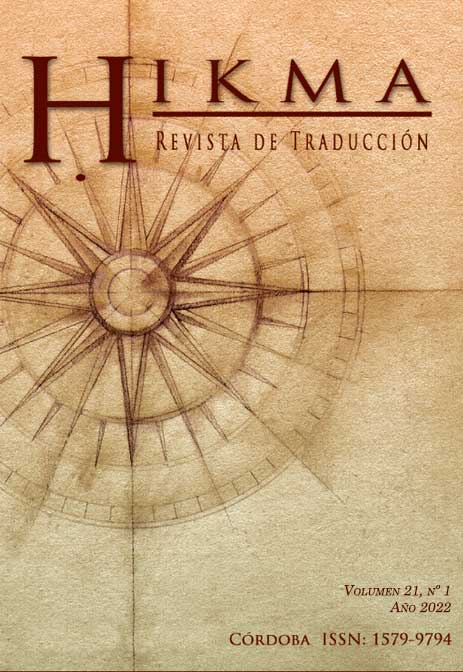Translating Transgender: English Pushed to the Limits in José Donoso’s El lugar sin límites
Main Article Content
Abstract
A devastating Sunday in the tumultuous life of a 60-year-old transvestite, co-owner of a brothel with her/his virgin daughter La Japonesita, sets up a bloody storyline that takes readers to the Chilean town of El Olivo through the pen of José Donoso and his seminal work El lugar sin límites (1966). The novella unravels the internal struggles of the fictional town dominated by the patriarchal prominent landowner, Alejandro Cruz. The story provides an account of situations that transpire as a result of the actions of La Manuela, as s/he moves across traditional constructed sex/gender boundaries while becoming involved with a hypermasculine character, Pancho, who wrestles with homoerotic desires. A gendered reading of this novel takes into consideration the way in which sexual difference is inscribed discursively in the text, and how the translation into English by Suzanne Jill Levine’s (Hell Has No Limits, 1995) exposes the interplay of gender and social control. The analysis conducted in this article is of a descriptive nature, and it intends to point out decisions taken by the translator in order to represent the multilayered and flexible gender identities shown in the Spanish text and how they are rendered into English in order to portray the fictional characters. A careful analysis of the renditions of key passages will bring to light the translator’s perceptions of the gendered ideology within the novel. English is pushed to the limits in order to represent the sexual identities of this gender-laden Spanish text.
Downloads
Article Details

This work is licensed under a Creative Commons Attribution-NonCommercial-ShareAlike 4.0 International License.
Authors who publish with this journal agree to the following terms:
1. Authors retain copyright and grant the journal right of first publication with the work simultaneously licensed under a Creative Commons Attribution License that allows others to share the work with an acknowledgement of the work's authorship and initial publication in this journal.
2. Authors are able to enter into separate, additional contractual arrangements for the non-exclusive distribution of the journal's published version of the work (e.g., post it to an institutional repository or publish it in a book), with an acknowledgement of its initial publication in this journal.
3. Authors are permitted and encouraged to post their work online (e.g., in institutional repositories or on their website) prior to and during the submission process, as it can lead to productive exchanges, as well as earlier and greater citation of published work (See The Effect of Open Access).

